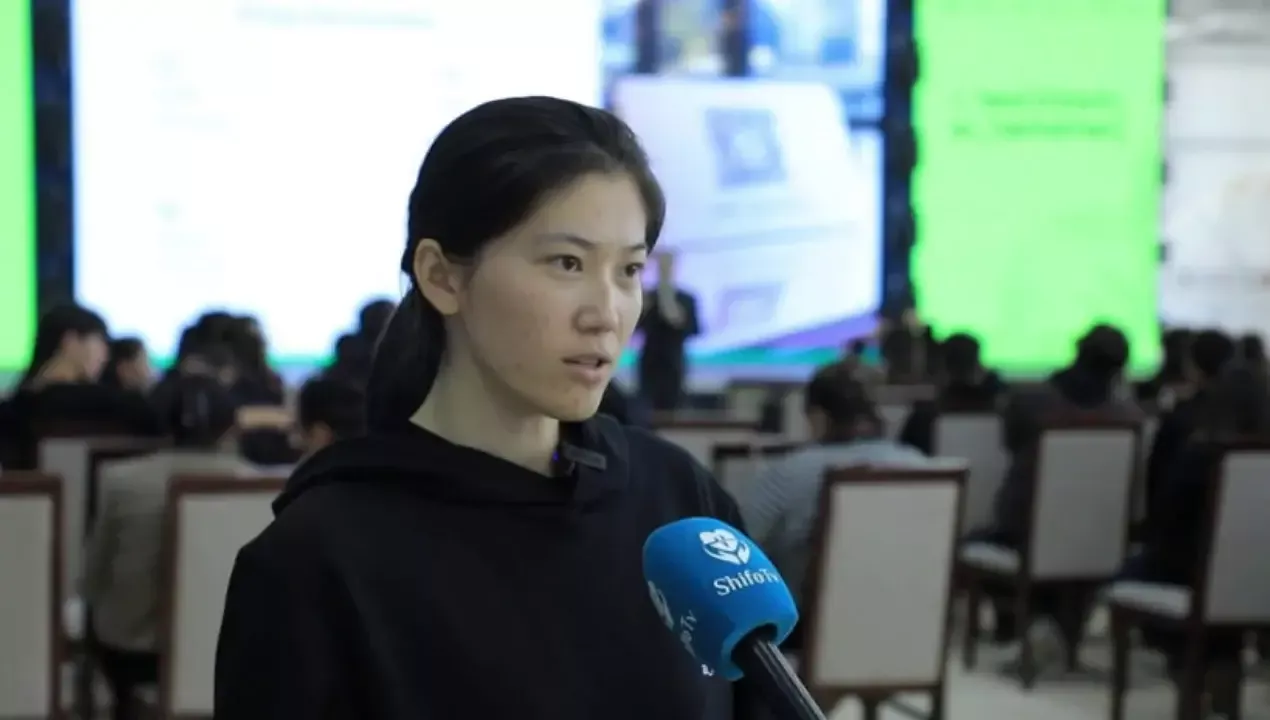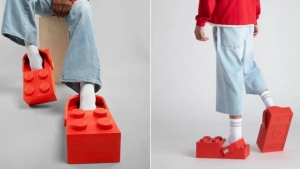Health Innovations Competition Held in Nukus

Talented youth from across the country are presenting their ideas at the HealthTech Hackathon program taking place in Nukus city. This was reported by Zamin.uz.
As the event nears its end, the competition on the field is intensifying and teams are striving to find solutions to real problems. Among the participants are programmers, designers, medical workers, and engineers working together in areas such as diagnostics, prevention, and remote consultation.
Pitch sessions, mentoring, and technical workshops are helping participants quickly implement their ideas. The Alfa Team from Nukus is also actively participating in the event.
Team member Kamila Ibrohimova emphasized that the main goal of their projects is to detect early signs of disease by scanning the human eye. The innovative system analyzes the image uploaded by the user using an artificial intelligence-based chatbot and, if a risk is detected, provides recommendations to refer the user to a nearby specialist or clinic.
This solution enables the detection of previously unnoticed health issues using a simple smartphone camera. Experts stress that such tools do not fully replace professional medical examinations but serve as an important "filter" for rapid diagnostics.
Therefore, the team is developing the product as an additional diagnostic tool. The HealthTech Hackathon is held as usual under limited time and specific tasks.
The organizers also provided participants with brief trainings on clinical protocols, data security, and medical regulatory requirements. This helped prepare the projects for service delivery and ensured information confidentiality.
During the event, practical demonstrations on blood pressure, pulse, anthropometric measurements, and healthy lifestyle were organized in open areas. Young people had the opportunity not only to write programs but also to test effective interfaces and alert systems aimed at improving the daily health of the population.
According to the organizers, about 40 percent of the participants are girls, which contributes to improving gender balance in technical fields. It was noted that in some teams, girls are also fulfilling the roles of project leader, machine learning engineer, and UX designer.
This enhances product quality through the clash of diverse perspectives. At the end of the hackathon, projects are evaluated based on practical application, usability, safety, scalability, and impact.
Winners receive grants, acceleration programs, and mentoring support. Importantly, these ideas should reach clinics, polyclinics, or district medical points and deliver real results.
At the same time, participants emphasize that current results should not be accepted as scientific conclusions without passing the pilot phase. Medical solutions require clinical trials, ethical review, and regulatory approvals.
The hackathon is an important platform that encourages young people and helps them take initial steps in the field of digital medicine. This initiative in Nukus expresses confidence in the potential of youth and makes a significant contribution to the development of the sector.







